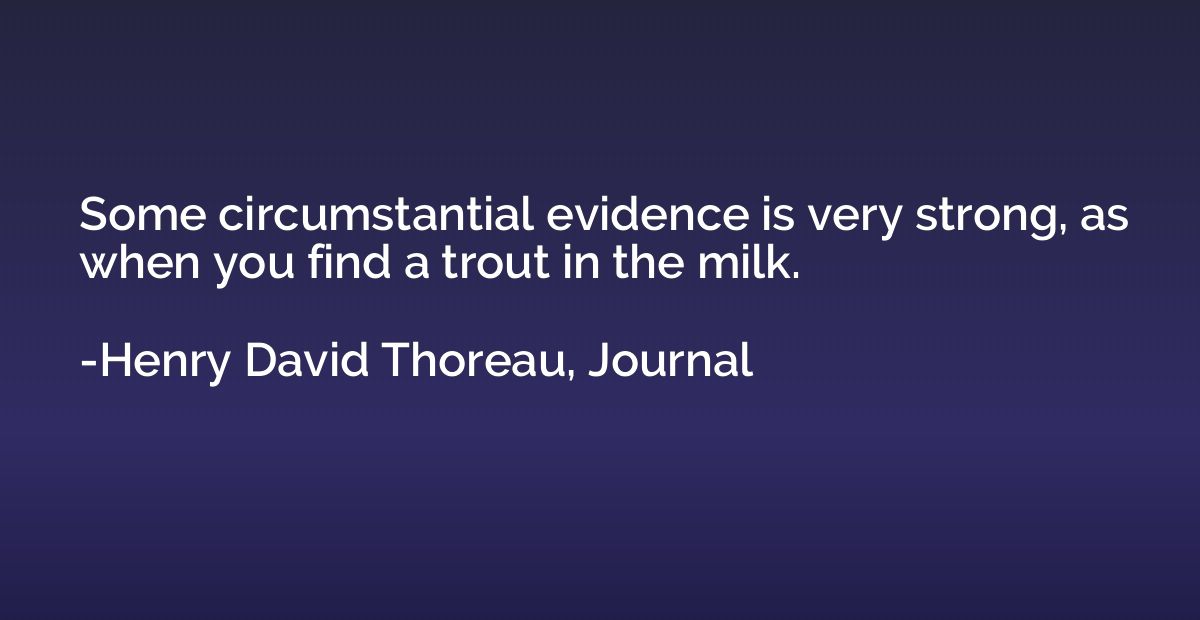Quote by Stanley Kubrick
A film is - or should be - more like music than like fiction. It should be a progression of moods and feelings. The theme, what's behind the emotion, the meaning, all that comes later.

Summary
This quote suggests that a film should prioritize evoking emotions and creating a particular atmosphere, similar to how music does, rather than just focusing on storytelling or the thematic elements. It emphasizes that the progression of moods and feelings should take precedence over the underlying meaning or message of the film. According to this perspective, the emotional impact and the experience of the audience should be the driving factors in filmmaking, with the theme or deeper significance being secondary concerns.














